Are Organic Essential Oils Better for You? Here's the Truth

USDA Certified Organic Essential Oils are often seen as the gold standard for purity and safety, but are they truly better for your health? With the rising demand for organic products, many consumers are willing to pay a premium, believing it guarantees pesticide-free purity. However, the "organic" label doesn’t always mean what you think. The debate over organic essential oils vs non-organic often stirs questions about their benefits, effectiveness, and actual impact on wellness. Are organic oils worth the higher price tag, or are they simply a marketing trend?
Before making your own conclusion, it’s important to dig deeper into the facts. While the benefits of organic essential oils are often highlighted, non-organic essential oils, when sourced responsibly, can offer comparable quality at a lower cost. This blog explores the reality behind the organic label and whether it truly delivers on its promise to protect your health and the environment.
What Is The Difference Between Organic and Pure Essential Oils
The debate over organic essential oils often comes down to personal priorities and values. Some people gravitate toward the best organic essential oils brands, drawn by the promise of sustainable farming practices and reduced pesticide exposure. On the other hand, others prefer non-organic options for their affordability and comparable quality, especially when responsibly sourced.
Understanding organic essential oils' pros and cons is key to making an informed choice.
Organic Pesticides
Going organic means ensuring your products are free of pesticides, which may cause health risks. Or does it? The American College of Healthcare Sciences has found that essential oils may still contain toxic pesticides, fungicides, and insecticides even if they are certified organic.[1]
In many cases, organic farms still use pesticides that originate from natural sources and are approved by USDA Certified Organic Standards.[2] Despite their natural nature, these pesticides may pose health risks.[3]
Essential oil chemist, Brett Harris, prefers non-organic essential oils for this reason "with the occasional exception where you are sure no pesticides were used." He also notes that the cost discrepancy between pure essential oils vs organic oils is simply too great. This begs the question, are organic essential oils worth it?
Certified Organic
In the aromatherapy industry, pesticide-free essential oils that are not certified organic are prevalent. According to Essential Oil University chemist Tanner Wortham, organic farming resources that are needed to meet organic standards are not always readily available in third-world countries where many essential oils are sourced.
Furthermore, while many farmers living in third-world countries choose to farm without the use of pesticides, their products may not be considered organic because of the costs associated with organic certification.
Pesticides in Essential Oil Distillation
What makes essential oils organic often comes down to the farming and production practices used, including the avoidance of synthetic pesticides. However, even organic crops can be exposed to naturally derived or neighboring pesticide contamination. As Wortham explains, “Another factor that comes into play during the distillation process is the solubility of the pesticide that is being used.”
During distillation, oil-soluble pesticides may homogenize with the essential oil, while water-soluble ones blend with the hydrosol. Some pesticides, depending on their volatility, may even evaporate during the process, especially if applied long before harvest.
Understanding these nuances is crucial when learning how to choose essential oils, whether organic or non-organic. Non-organic essential oil pesticides, while often a concern, may not always remain in the final product, underscoring the importance of sourcing oils from reputable producers.
Does It Matter If Essential Oils Are Organic?
Aromatherapist Robert Tisserand notes that non-organic essential oil quality can often rival that of organic oils due to the insignificant amount of pesticides found in non-organic options.[4]
At Edens Garden, we value both sides of the debate. While we recognize the role of organic farming essential oils in promoting sustainability and eco-conscious practices, we’ve also found that non-organic essential oils can meet high standards of purity and safety. Through extensive testing, analysis by essential oil chemists, and careful vetting of farms and distillers, we ensure that our oils are free of harmful chemicals, synthetic pesticides, adulterants, and fillers—offering nature’s best without the premium price tag.
What Are The Best Brands for Essential Oils?
The discussion of sustainability and essential oils is important, but so is the quality and transparency of sourcing. Whether you choose organic or non-organic essential oils, understanding their origins and production processes empowers you to make informed decisions that align with your values. At the end of the day, what matters most is the trustworthiness of your essential oil provider.
SOURCES:
- Behind The Scenes: Sourcing High-Quality Essential Oils. https://achs.edu/blog/2020/11/17/sourcing-quality-essential-oils/
- Mythbusting 101: Organic Farming > Conventional Agriculture. https://blogs.scientificamerican.com/science-sushi/httpblogsscientificamericancomscience-sushi20110718mythbusting-101-organic-farming-conventional-agriculture/
- Rotenone Use in Organic Farming. https://hygeia-analytics.com/2017/01/04/rotenone-use-in-organic-farming/
- Clearing Up Essential Oil Concerns: Q&A With Robert Tisserand. https://web.archive.org/web/20171109102821/http://wegotreal.com/essential-oil-concerns-robert-tisserand/
Grab The Essentials Here:
Leave a comment (Comments will be approved before showing up)
10 comments
Edens Garden
Shelly, this is a great point. Note, we’re not trying to promote pesticides as being safe and agree that they’re harmful to one’s health. We’re bringing light to the fact that some organic essential oils are still produced using pesticides, and some non-organic essential oils are produced without. Additionally, there are ways to test if pesticides are present in non-organic essential oils, including GC/MS testing. Edens Garden tests all of its oils for pesticides using this testing to ensure its products are pesticide-free.
Kathleen Kachinske
So what are your essential oils? I know that they are pure, but are they grown organically? What are your standards? Yes, many of us care about this answer…I eat organic as much as possible. Of course I want essential oils to be grown organically, whether certified, or not. You should let us know if any of yours are not at least grown organically & note that in the description!
Shelly
I happen to attend ACHS and that is not what they are teaching. I feel this article is misrepresenting the resource you used in citing the school l. This is what their cite says:
Pesticides can be extremely harmful to our bodies and have been linked to adverse effects on the nervous system, skin, eyes, and endocrine system.2 Not to mention, they do incredible damage to our environment. Additionally, certified organic oils are produced without the use of genetic engineering and artificial fertilizers—another big plus in the quality category.
Edens Garden
Hi Rubina! Yes, you can find out how to use essential oils on your skin here: https://www.edensgarden.com/blogs/news/aaa-how-do-i-apply-essential-oils-to-my-skin
Rubina
Can aromatherapy oil be applied to the skin and is it beneficial?
Bella
Deegi, I think many would agree that while rotenone is no longer used in organic farming, it’s concerning that it was used prevalently up until a few years ago. I for one purchased a lot of organic products before 2018. Let me know your thoughts on this!
Deegi
Sources cited are over 5 years old and may no longer be current. For example, as of 2018, rotenone is no longer allowed in organic farming.
https://www.law.cornell.edu/cfr/text/7/205.602
I hope thtat next time, the authors will verify that basis and references are still current.
Christine Asplin
Thank you for this article, it was very informative.
And Love the essential oils🥰
W
Thank you all for your diligence and helpful information. Your company and its individuals are greatly appreciated. Keep up the good work!
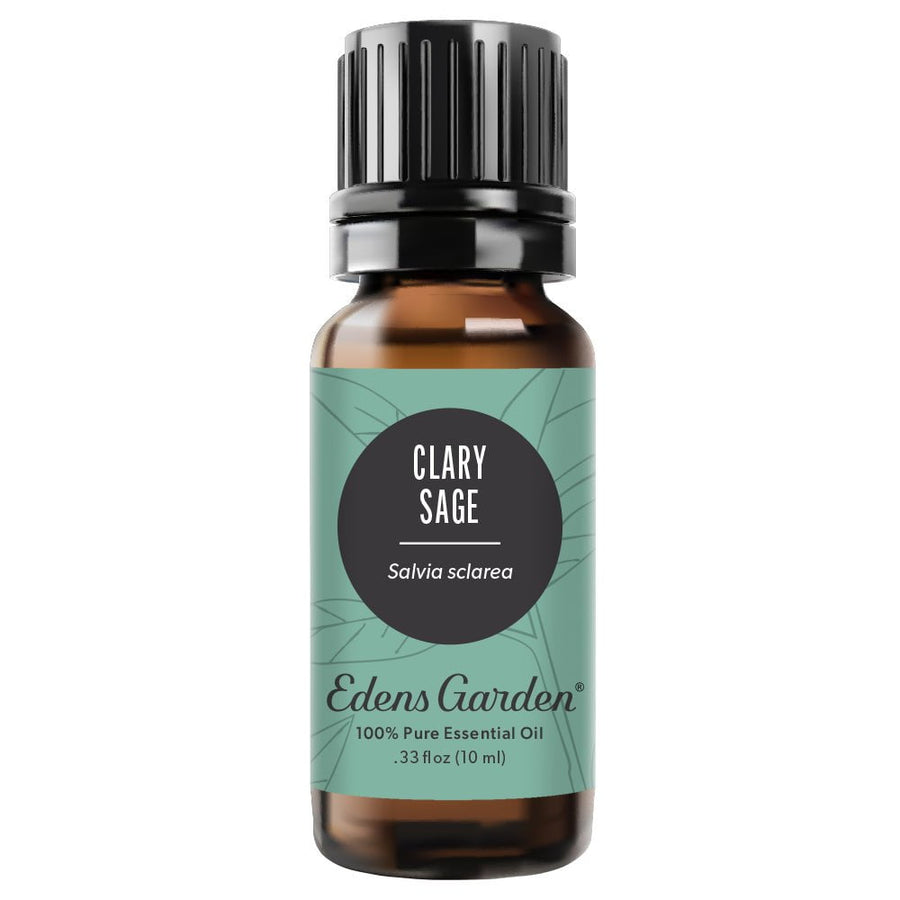
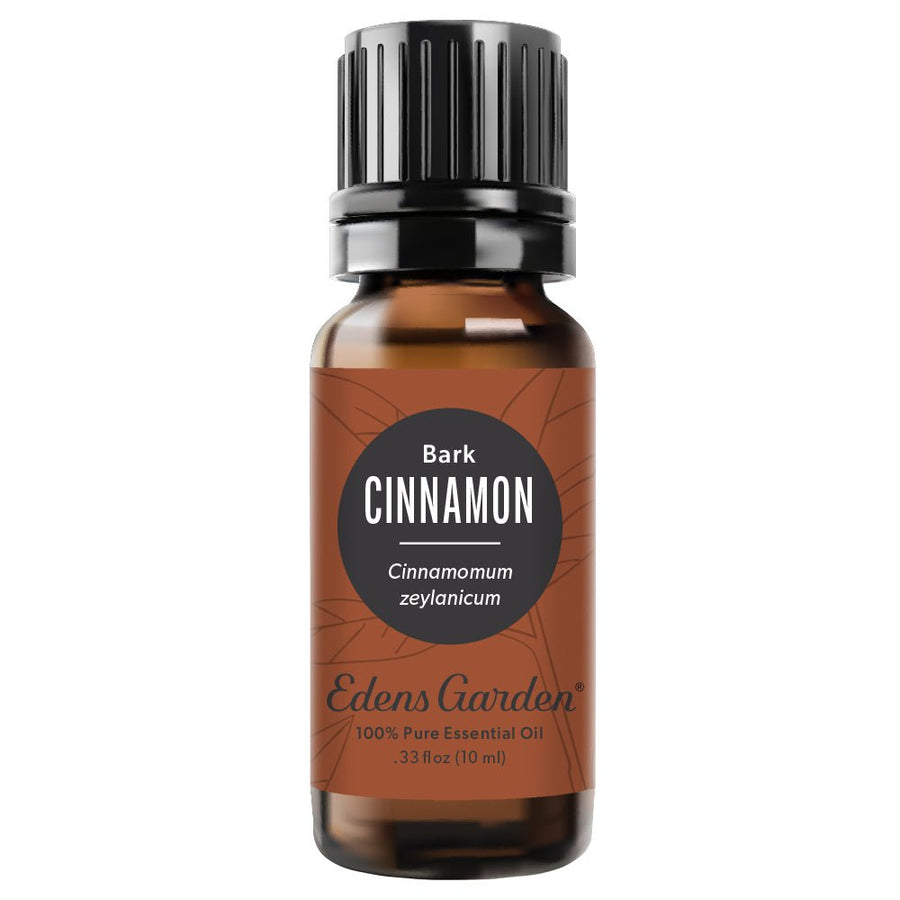
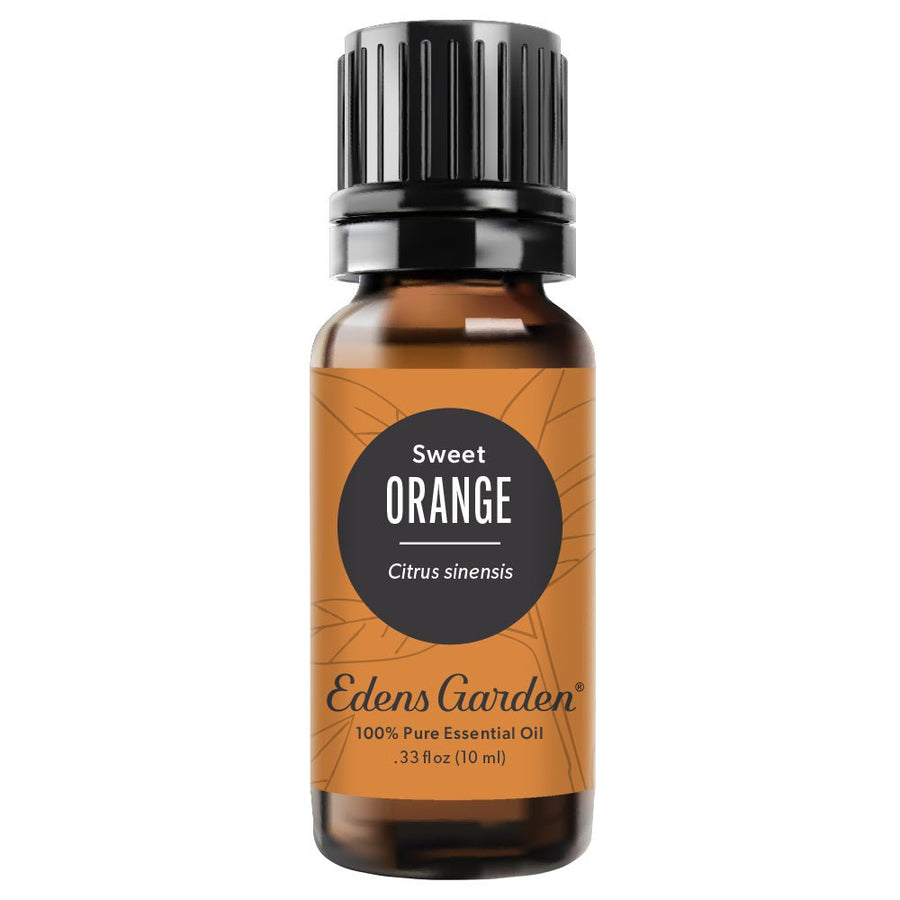
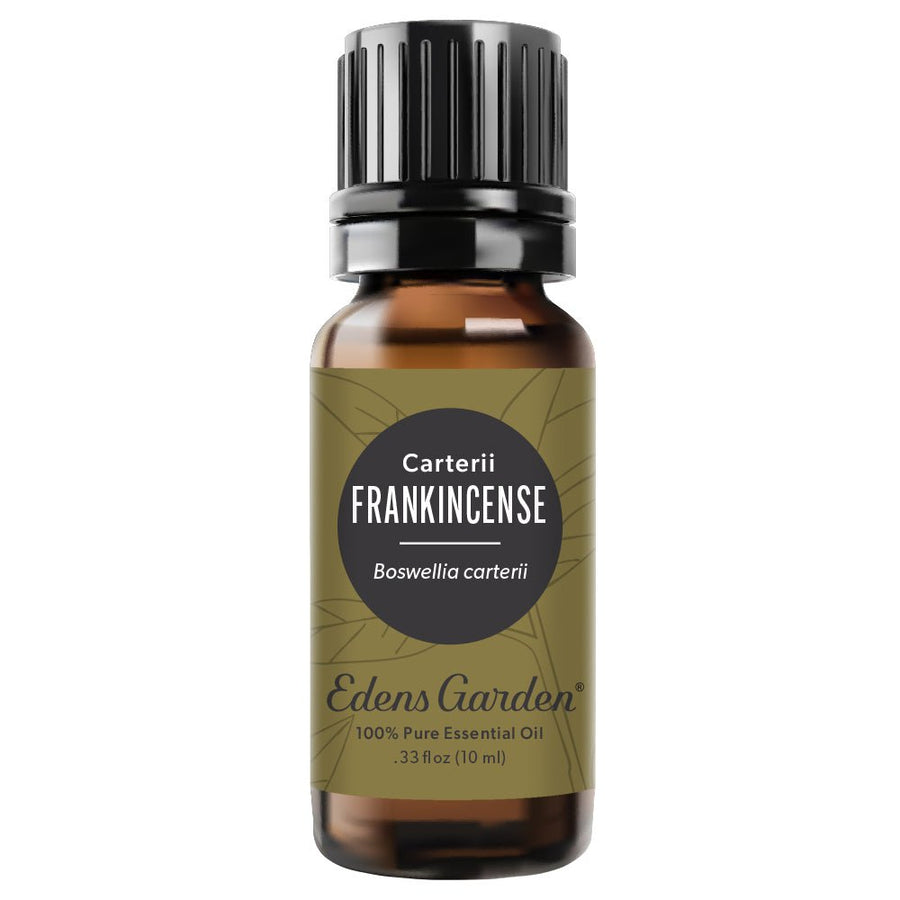
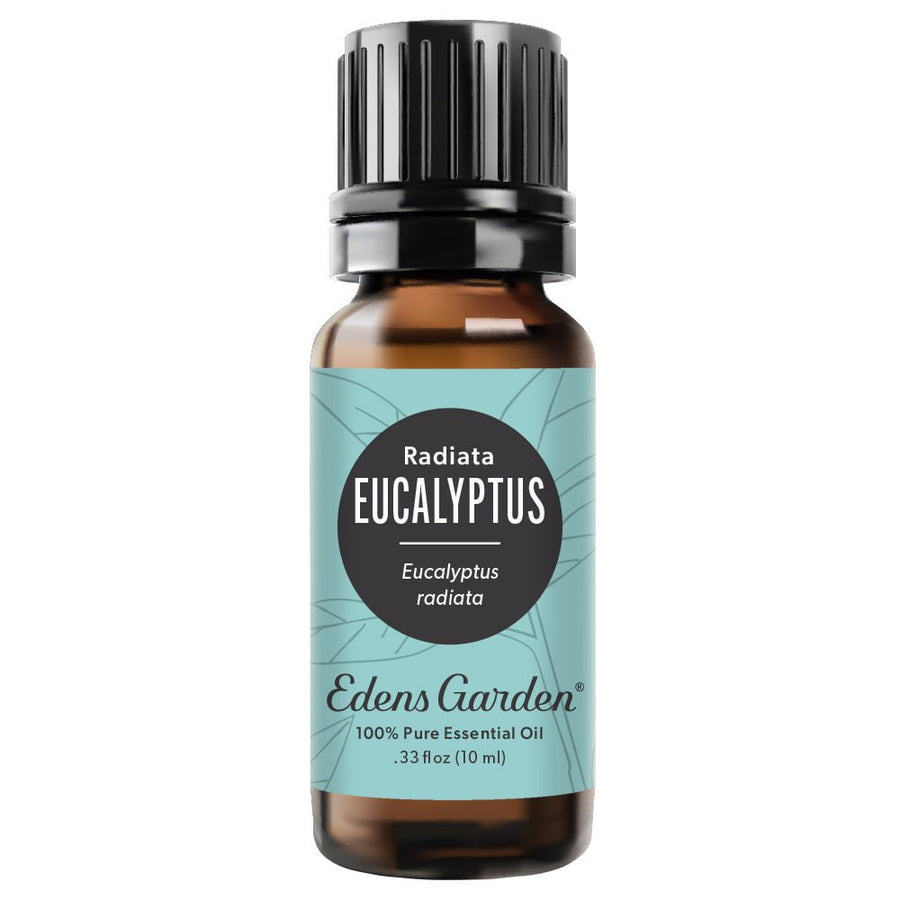
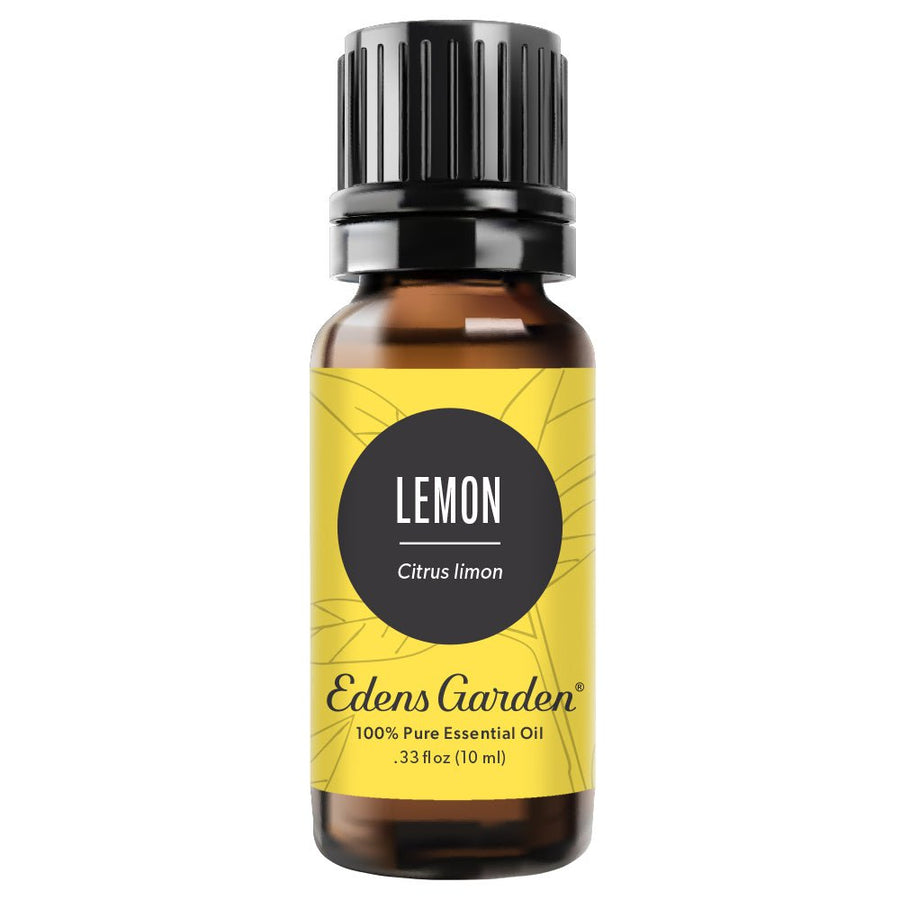




Edens Garden
December 2, 2024 at 3:00 pm
Kathleen, Edens Garden’s oils are a mixture of organic and non-organic essential oils. However, none of our oils are certified organic as this would increase our product pricing.